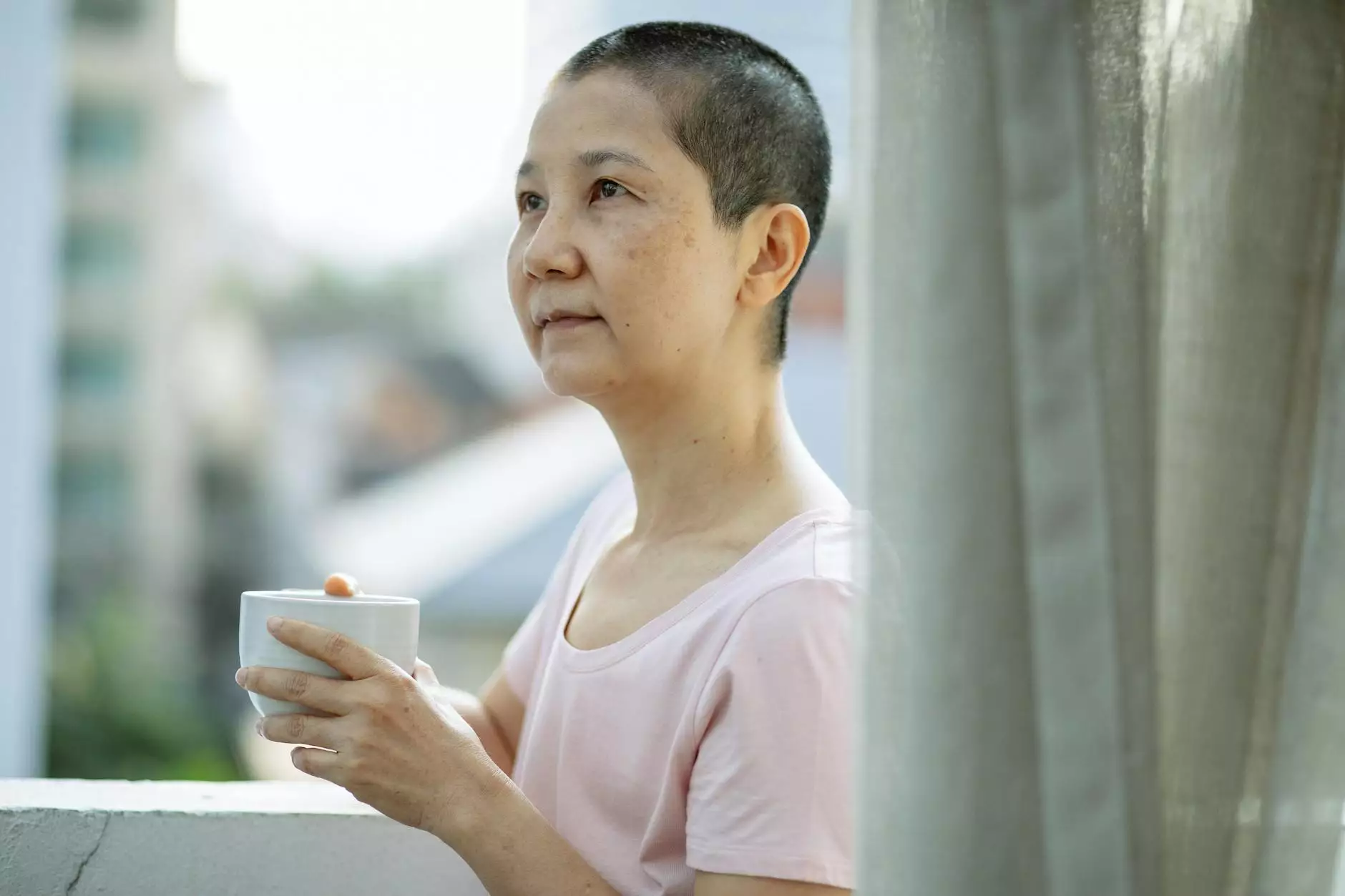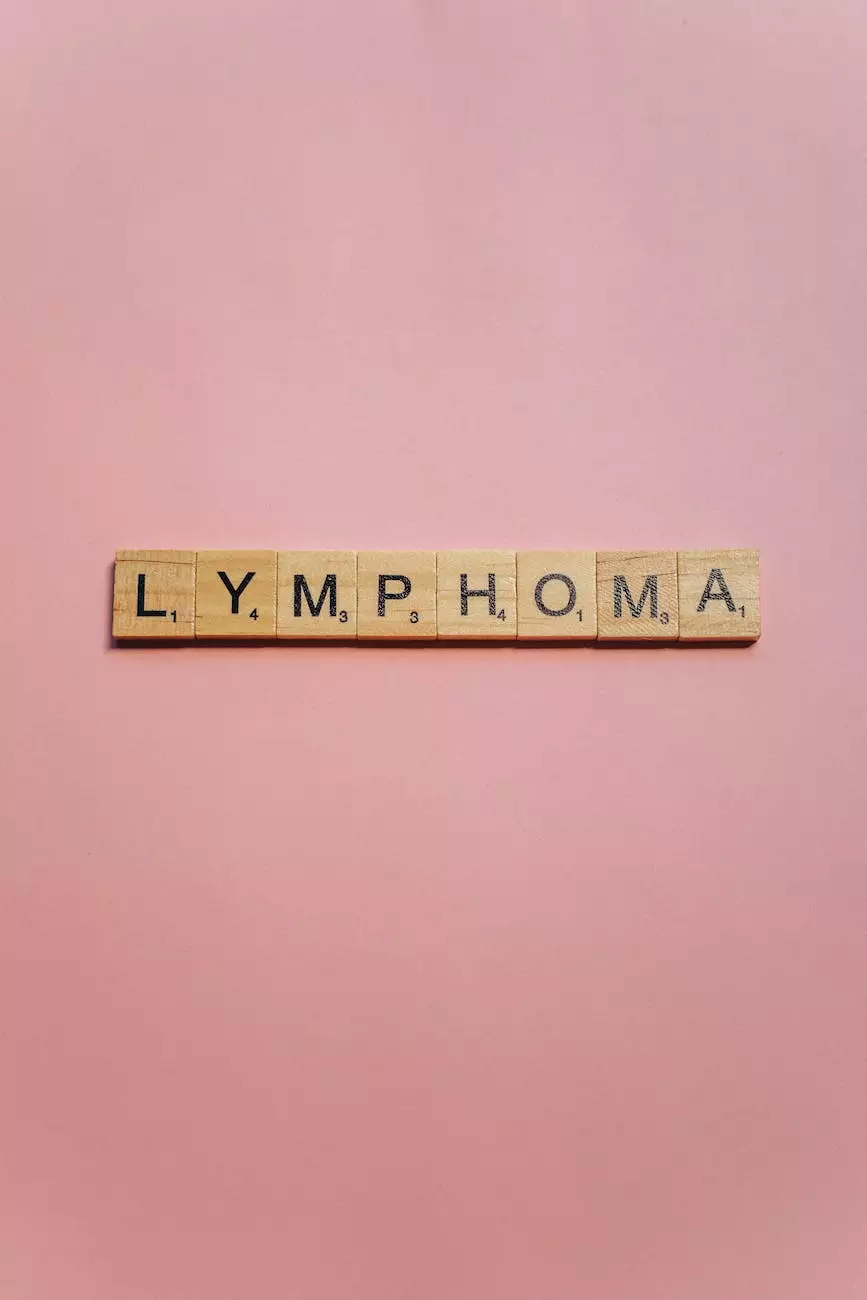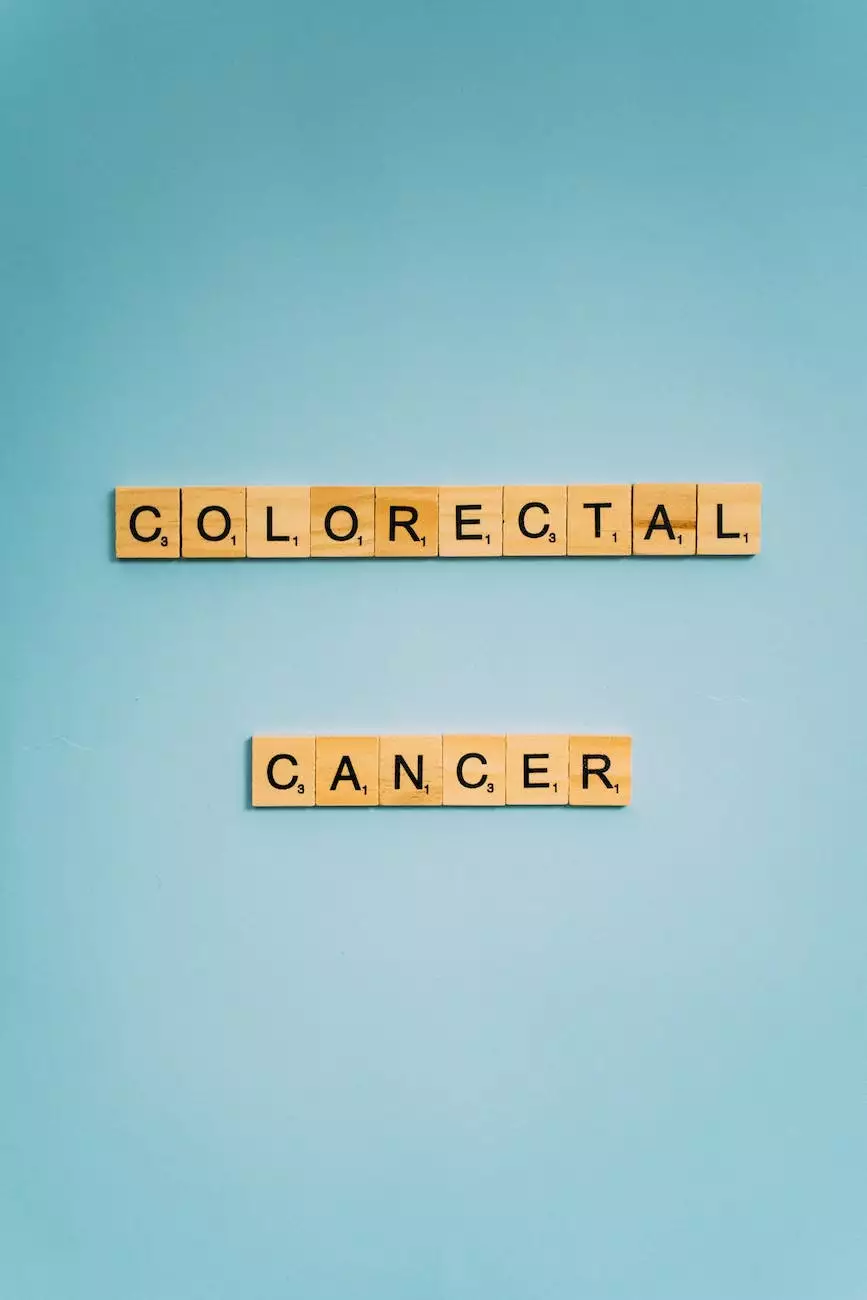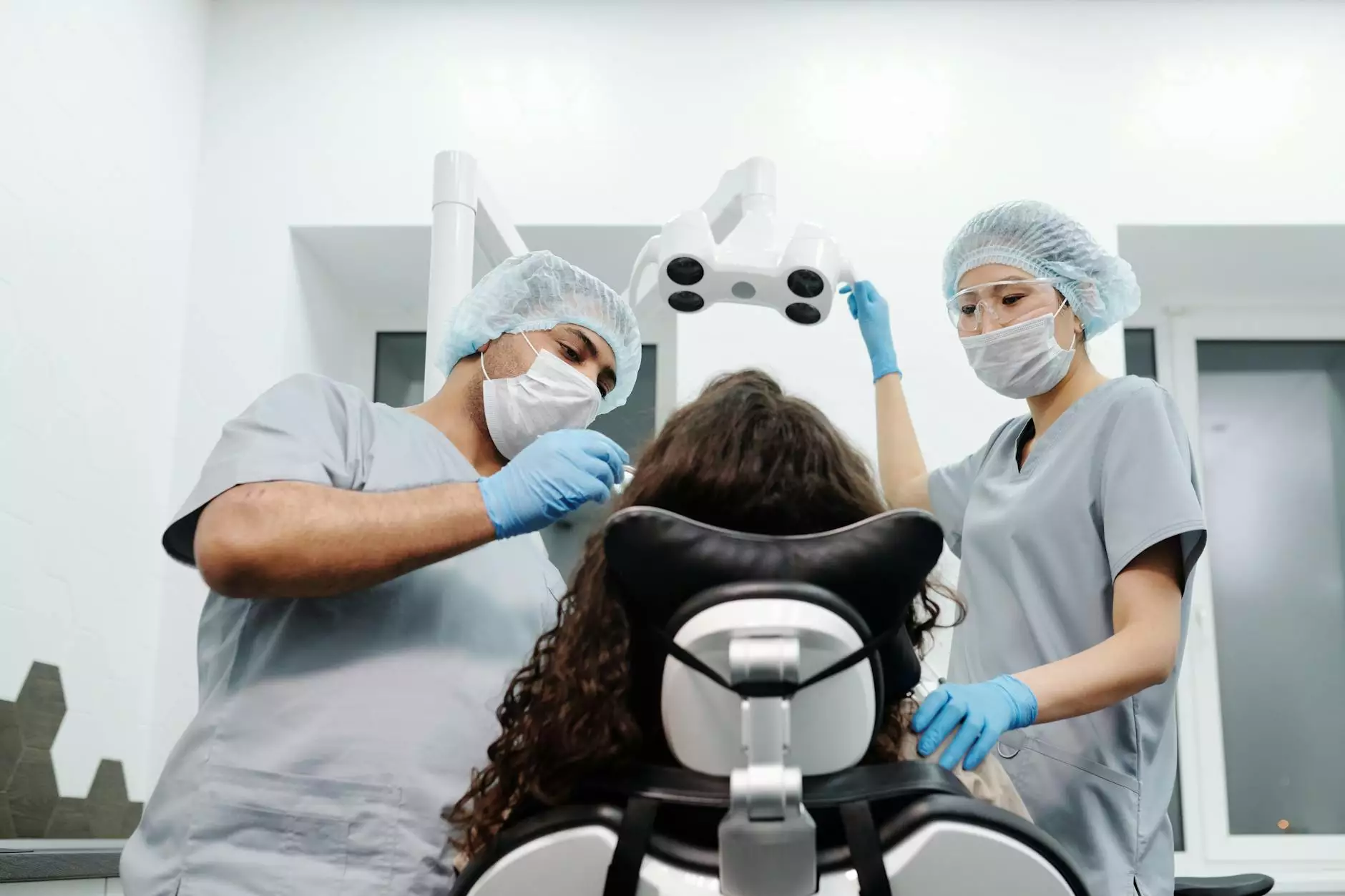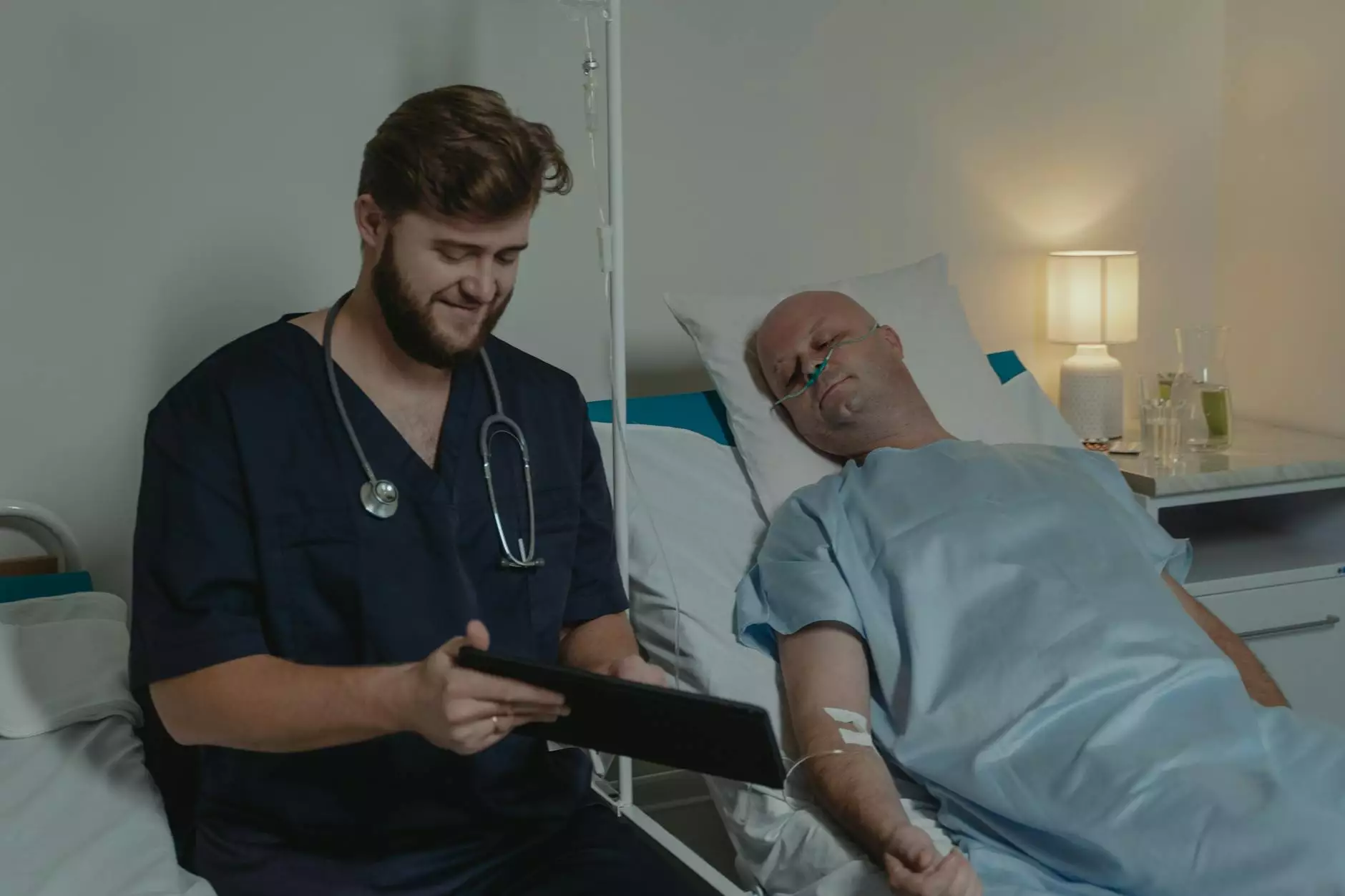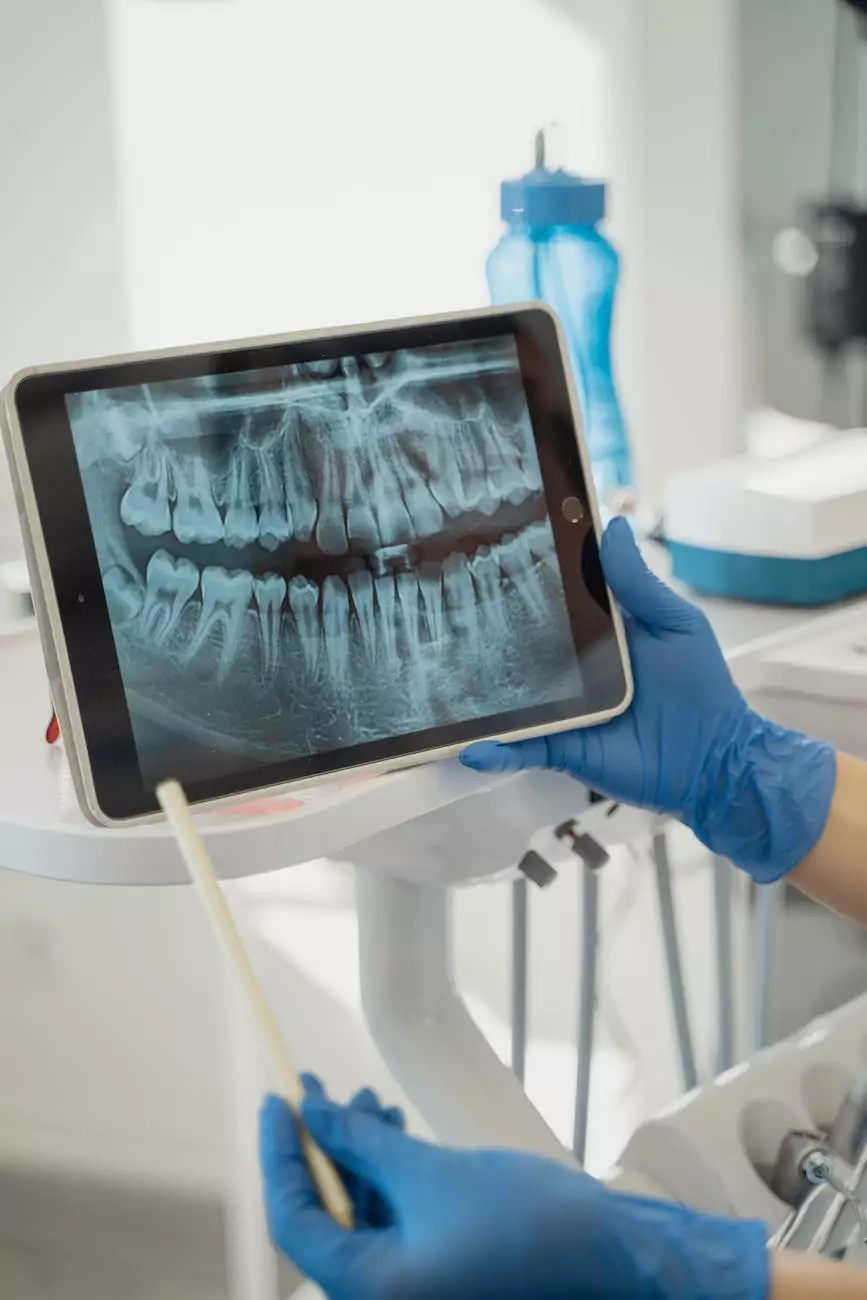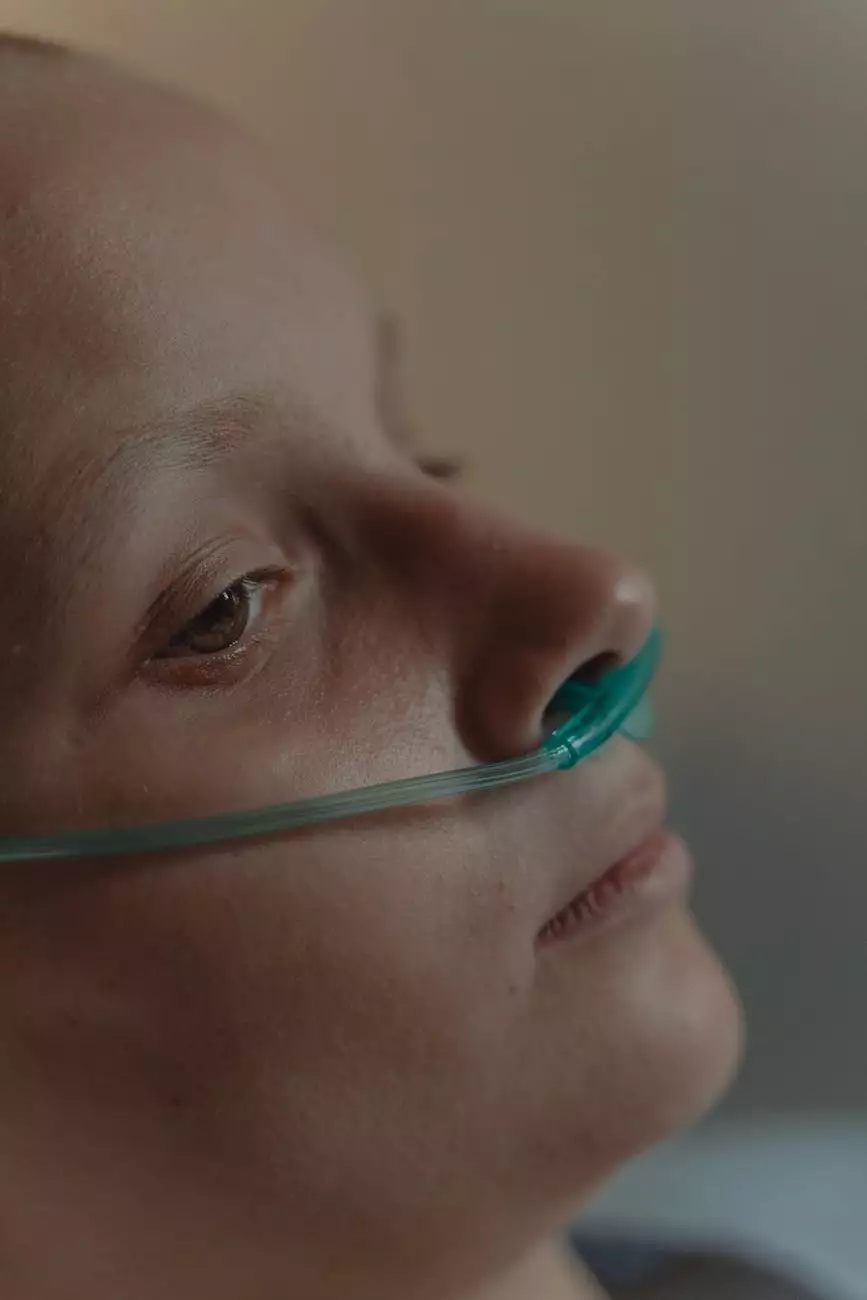Bladder Cancer

Introduction to Bladder Cancer
Bladder cancer is a type of cancer that occurs in the tissues of the bladder, the organ responsible for storing urine. It is a fairly common form of cancer, particularly among older individuals. At Sibel Blau, we provide valuable resources and support for individuals affected by bladder cancer.
Types of Bladder Cancer
There are several types of bladder cancer, including:
- Transitional Cell Carcinoma: This is the most common type of bladder cancer, accounting for approximately 90% of cases. It develops in the transitional cells lining the bladder.
- Squamous Cell Carcinoma: This type of bladder cancer arises from the squamous cells, which typically form as a result of chronic irritation or infection.
- Adenocarcinoma: Although less common, adenocarcinoma develops from the glandular cells in the bladder and is typically associated with long-standing bladder inflammation or certain congenital conditions.
Causes and Risk factors
While the exact cause of bladder cancer is not fully understood, several risk factors have been identified:
- Cigarette smoking: Smoking is the most significant risk factor for developing bladder cancer, as the harmful substances in tobacco smoke reach the bladder during urination.
- Exposure to certain chemicals: Occupational exposure to chemicals such as aromatic amines, which are commonly found in the dye industry, can increase the risk of bladder cancer.
- Age: Bladder cancer is more common in older individuals, with the majority of cases occurring after the age of 55.
- Gender: Men are more likely to develop bladder cancer compared to women.
- Chronic bladder inflammation: Conditions that cause chronic irritation or inflammation of the bladder, such as recurrent bladder infections or bladder stones, can increase the risk of bladder cancer.
Symptoms of Bladder Cancer
The early stages of bladder cancer may not present any noticeable symptoms. However, as the disease progresses, the following signs and symptoms may occur:
- Blood in the urine (hematuria): This is the most common symptom of bladder cancer. Blood in the urine may appear pink, orange, or red.
- Frequent urination: Bladder cancer can cause increased frequency in urination.
- Painful urination: Some individuals may experience pain or a burning sensation during urination.
- Back or pelvic pain: As the cancer grows, it can cause discomfort in the lower back or pelvic area.
- Weight loss: In advanced stages, bladder cancer can lead to unexplained weight loss.
Prevention and Early Detection
While it may not be possible to prevent bladder cancer entirely, certain steps can help reduce the risk:
- Avoid smoking: Quitting smoking or avoiding exposure to tobacco smoke can significantly decrease the risk of bladder cancer.
- Stay hydrated: Drinking an adequate amount of fluids can help dilute harmful substances in the urine.
- Minimize occupational exposure: If you work in an industry that involves handling potentially carcinogenic chemicals, take necessary safety precautions to minimize exposure.
- Early detection: Regular check-ups and screenings can aid in the early detection of bladder cancer, increasing the chances of successful treatment.
Treatment Options
The choice of treatment for bladder cancer depends on various factors, including the stage of cancer, the overall health of the individual, and personal preferences. Treatment options may include:
- Surgery: Surgical procedures such as transurethral resection, partial cystectomy, or radical cystectomy may be performed to remove cancerous tissues.
- Chemotherapy: Medications may be used to kill cancer cells or prevent them from growing and dividing.
- Immunotherapy: This treatment approach uses the body's immune system to fight against cancer cells.
- Radiation therapy: High-energy radiation is employed to destroy cancer cells.
Conclusion
Bladder cancer is a serious condition that requires prompt diagnosis and appropriate treatment. At Sibel Blau, we are dedicated to providing comprehensive resources and support for individuals affected by bladder cancer. By understanding the different types, causes, symptoms, prevention measures, and treatment options, one can make informed decisions regarding their health and well-being.

